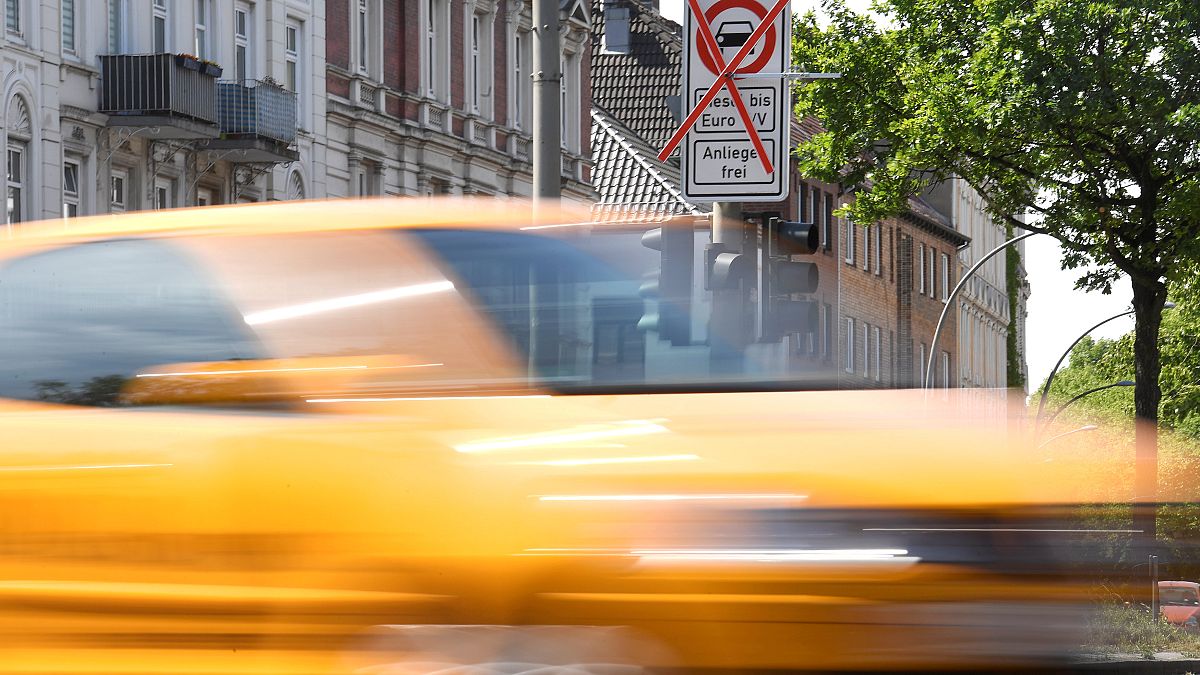The European Business Summit in Brussels has looked into the growing pace of electromobility now that the internal combustion engine appears to be near the end of its useful life.
Electro-mobility is slowly gaining market share for passenger cars, but the EU economy, for which transport is a critical sector contributing to growth and jobs, will need multiple technologies for decades to come, experts at the European Business Summit in Brussels told summit organiser Euronews.
Citizens, industries and businesses expect a cost-effective transport system which allows them to sustain the competitiveness of the EU. At the same time, long-term global climate objectives, continued urban air quality concerns and technological challenges faced by various transport sectors to develop alternative energy options have to be addressed.
There is also the risk of becoming import-dependent on raw materials like crude lithium and cobalt, necessary to produce car batteries on a large scale. Whilst the passenger car segment can benefit from positive developments in alternative technologies such as electrification, the limitations or absence of technologically viable alternatives to liquid fuels in aviation, marine and heavy-duty road transport raise the question about an affordable and sustainable low-carbon trajectory for the sector as a whole.
The initial take-off of electric passenger vehicles so far has been on the basis of the relatively small innovation group, people who are enthusiastic about electric cars. But in order to be economically successful, there must be a much stronger and broader demand among consumers, people who think that electric cars make a lot of sense. If the market, the providers, see an economically viable business model in the production of electric cars, the sector might thrive.
The key is fighting pollution without loading extra costs on industry and staying competitive while promoting things like electro-mobility and encouraging the multiple technologies that it is likely will be needed to fill the gap left behind fossil fuels. These are major European challenges.
Transitioning to a carbon-free economy will also need secured resources via trade deals, which Europe will be competing against others to secure.
"In our car fleet the turnover, five to ten years, is probably the length that we are seeing typically cars used. In heavy-goods vehicles, buses, we see them lasting longer. So the question is how quickly do you replace things, and I think we will see replacements starting very actively in the early 2020s in all fleets," says the Executive Director of Britain's National Grid Group, Nicola Shaw.
Replacing Europe's pool of internal combustion vehicles will take time, and careful thought will be needed if new technologies are not to end up being as costly and polluting as the old ones.
"There is no such thing as a zero-emissons car, you know. We are producing emissions across the whole life cycle, so in material extraction, in manufacturing, in assembly and then in use. We got to be careful that we don't transfer emissions from one of those parts to another and end up really making no difference," says the Chief Technology Officer at Ricardo, a British engineering and environmental consultancy, Neville Jackson.
Decades of work will be needed to replace all private and public forms of transport, and while moving to private electric cars is already taking place ona small scale, changing fuels for aviation, marine and heavy-duty road transport use is more problematic.
Ananth Krishnan is the Chief Technology Officer for India's Tata Consultancy Services.
"There has to be a thought on what is the risk element. We all understand that we want to do good for the planet, that is the overarching risk element, and the resources, the pollution, the environment and so on," he says. "Those are the overarching ones. But can we run away from risk? We should flip it around and say that if the resources were abundant and energy cost is at a zero, how will our behaviour change? Will we do something different? And that is the starting point for innovation in clean tech, in transportation, in the environment."
